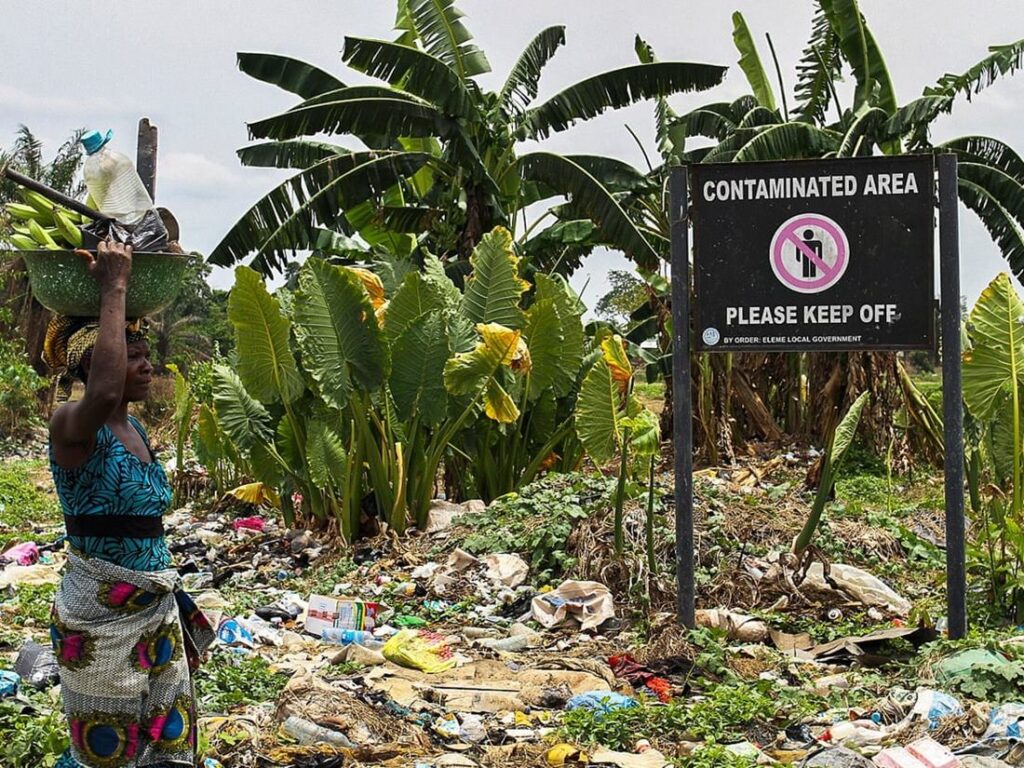In a ground-breaking decision, the Supreme Court of the United Kingdom has ruled that Nigerian citizens can bring legal claims against oil giant Shell in British courts. This landmark judgment opens the door for individuals and communities affected by Shell’s operations in Nigeria to seek justice and compensation on foreign soil.
The case stems from allegations of serious human rights abuses and environmental damage caused by Shell’s activities in the Niger Delta region. For decades, local communities have claimed that the company’s oil exploration and extraction operations have resulted in devastating consequences, including pollution, destruction of farmlands, and health issues among residents.
Until now, Nigerian plaintiffs faced significant barriers when attempting to hold Shell accountable. The multinational corporation argued that the claims should be heard in Nigerian courts, where the legal process is often slow, expensive, and susceptible to corruption. This ruling, however, paves the way for affected Nigerians to pursue justice in the UK, where they can benefit from a more robust legal framework.
The Supreme Court’s decision is expected to have far-reaching implications for similar cases involving multinational corporations operating in developing countries. It establishes an important precedent, emphasizing the responsibility of companies for the actions of their subsidiaries overseas. The ruling also recognizes the right of individuals and communities to access justice in countries where the corporation is headquartered and where its decisions are made.
Human rights groups and environmental activists have hailed the judgment as a significant victory for global justice. They argue that it will help level the playing field for communities that have long been marginalized and lack the resources to challenge powerful corporations. By allowing Nigerian plaintiffs to bring their claims before UK courts, the decision sends a strong message that companies must be held accountable for their actions, regardless of the jurisdiction in which they operate.
However, some critics express concerns about the potential flood of lawsuits that may follow this ruling. They argue that it could burden UK courts with a large number of cases and create a precedent that companies may find discouraging for future investments in developing nations. Nevertheless, proponents of the ruling contend that it strikes a necessary balance between corporate accountability and access to justice for affected communities.
Shell, one of the world’s largest oil companies, has faced numerous allegations of misconduct and environmental damage in Nigeria over the years. The company has previously settled some cases out of court, but this ruling signifies a significant shift in the legal landscape. It signals a new era where multinational corporations can be held accountable for their actions in their home countries, even when the harm occurs thousands of miles away.
As Nigerians celebrate this ground-breaking ruling, attention now turns to the practicalities of how affected communities can navigate the UK legal system. Legal experts anticipate an influx of claims against Shell and other companies operating in similar contexts. Ultimately, this ruling highlights the growing recognition that corporate responsibility extends beyond national borders and underscores the need for stronger mechanisms to address human rights abuses and environmental harm caused by multinational corporations.









No comment yet, add your voice below!